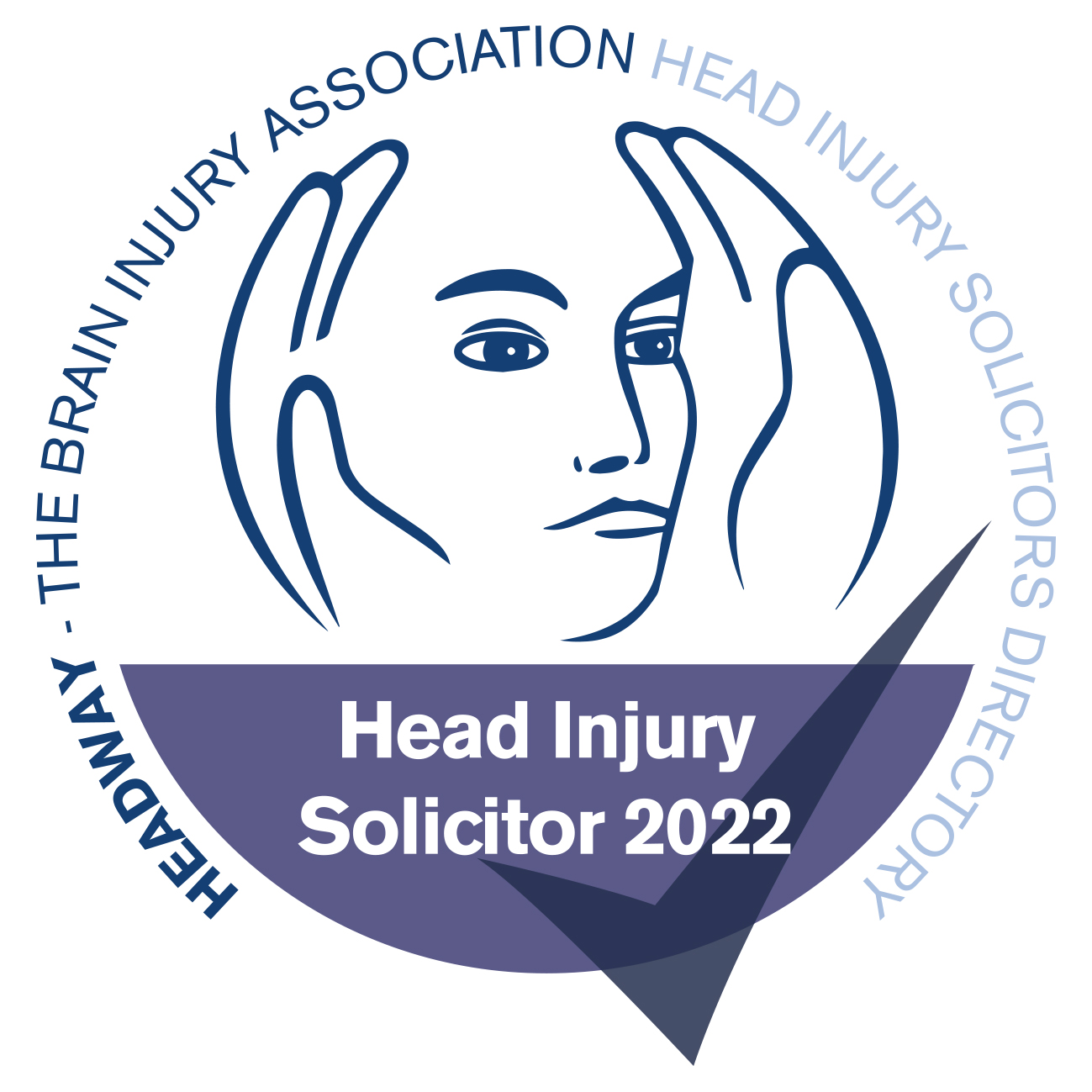Cauda Equina Syndrome Compensation Claims
The medical negligence specialists at Potter Rees Dolan Solicitors can help you to make a cauda equina syndrome compensation claim if your condition was misdiagnosed or missed by your doctor. Patients usually experience relatively mild symptoms during the early stages of the disease, but symptoms can quickly get worse if the condition is not diagnosed properly.
Cauda equina syndrome, or CES, is a relatively rare spinal condition affecting a bundle of nerves in the lower back. The condition needs to be diagnosed and treated quickly, but early symptoms are often missed, meaning patients can suffer significant long-term consequences. If a medical professional failed to diagnose that you were experiencing CES and the condition worsened as a result, you may be entitled to make a claim for clinical negligence compensation.
You should speak to an expert medical negligence lawyer as soon as possible to ensure your claim has the best chance of success. For a free initial discussion about your circumstances and your claim, call Potter Rees Dolan Solicitors on 0800 027 2557, or fill in the contact form on this page to arrange for a call back at your convenience
How can Potter Rees Dolan help?
The medical negligence solicitors at Potter Rees Dolan are extremely experienced and handle every case with care and sensitivity. With years of experience in pursuing compensation for clients who have experienced clinical negligence, and CES in particular, we can take you through your claim step by step to build the strongest possible case and get you the compensation you are entitled to.
Thanks to our experience helping clients to pursue cauda equina syndrome medical negligence claims, we know how difficult it can be to manage the condition. We also know that pursuing a medical negligence claim can be stressful, so we do everything we can to handle the responsibilities of the claim on your behalf. That means you can focus on the most important thing, which is your recovery.
Compensation can be extremely valuable in the lives of people with cauda equina syndrome. It may include your loss of earnings, if you were forced to take time away from your job to recover from your condition. It can also help you to manage any lifestyle changes you need to make and pay for any care or physiotherapy, or any private medical treatment you need.
What is cauda equina syndrome?
Cauda equina syndrome is a condition in which a bundle of nerves at the base of the spinal cord sustain damage. It is most commonly caused by disc herniation (a ‘slipped disc’) in the lower back; other causes include trauma, surgery, spinal stenosis, inflammatory conditions and tumours.
Symptoms of CES can include:
- numbness between the legs (called ‘saddle anaesthesia’)
- problems with bowel and bladder function
- sexual problems
- back pain
- numbness weakness or pain in both legs
The various stages of the disease have their own characteristic symptoms:
- CES-S (suspected CES) - marked by pain or other neurological symptoms in both legs. A patient at this stage is at risk of developing CES.
- CES-E (early CES) - patients who are experiencing saddle anaesthesia, but without urinary problems, or vice-versa.
- CES-I (incomplete CES) - typically, these patients develop some urinary symptoms but still have bladder control.
- CES-R (CES with retention) - these patients will no longer have sensation or control of the bladder.
- CES-C (complete CES) - this is the final stage of CES, with complete loss of all cauda equina function.
If you reported symptoms to your doctor but were not given a cauda equina syndrome diagnosis until the condition worsened, you may be entitled to compensation.
How can clinical negligence cause CES?
Because lower back pain and leg pain are often features of less serious back problems, it can be easy for doctors to misdiagnose CES as a different condition, or to miss signs of the condition entirely. If you suspect you may be suffering from CES, your doctor should confirm this with an MRI scan.
As noted above, CES can progress through several stages, so it is vital that it is caught and diagnosed early to prevent symptoms from getting worse. Some patients will regain normal function through recovery, and your chances of recovering are greatly improved if the disease is caught early.
Even if your condition was eventually diagnosed and you have made a complete recovery, you may still be entitled to compensation if the symptoms of CES were initially missed. Making a full recovery can be expensive, as it may require private medical treatment or time away from work, and compensation can help to pay for these expenses and others you may incur as you recover.
Contact us today
If you feel you may be entitled to make a cauda equina syndrome compensation claim, give us a call on 0800 027 2557. We have helped many clients to claim the compensation they deserved after a CES diagnosis, and we know just how much it can help with recovery.
If you’d prefer for a member of our medical negligence team to call you back, please fill out the enquiry form on this page and choose the best time for you. You can also visit the profiles on the Our People page to contact a specific solicitor.















